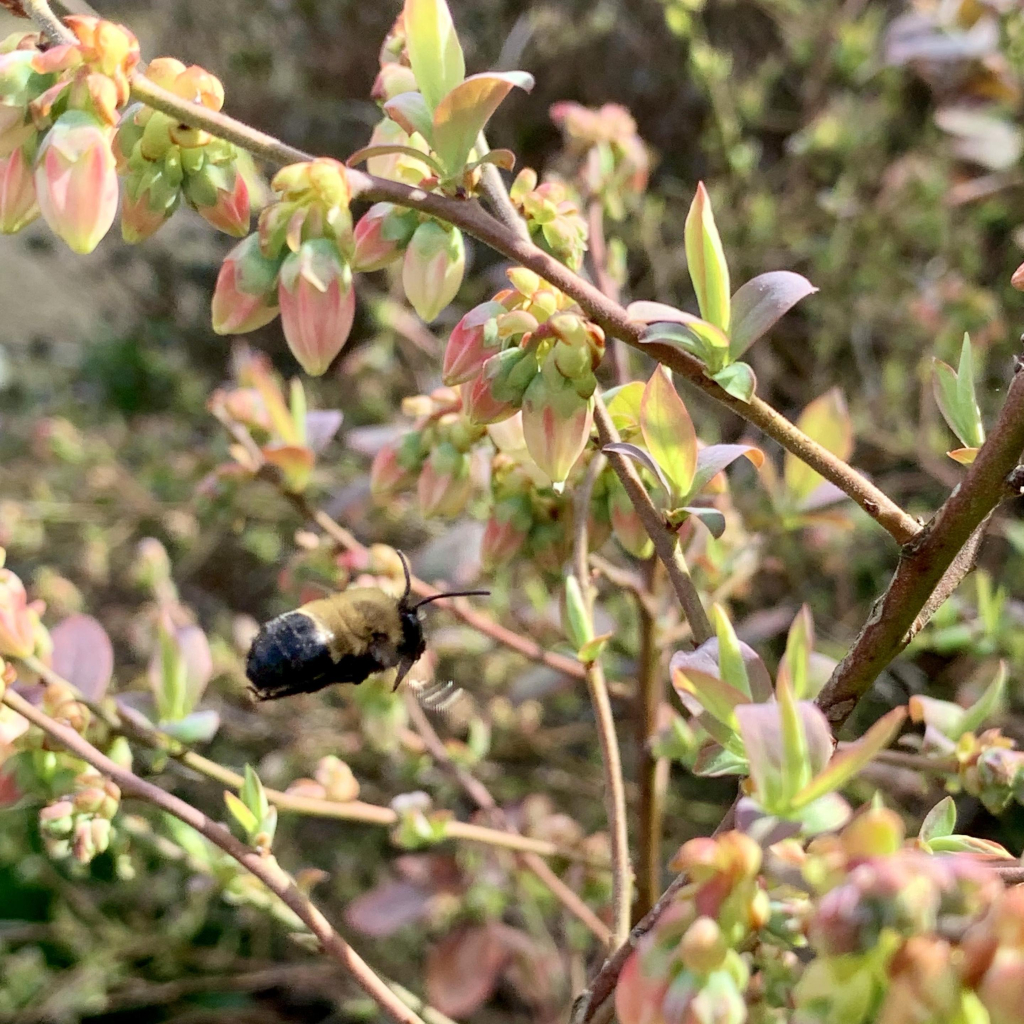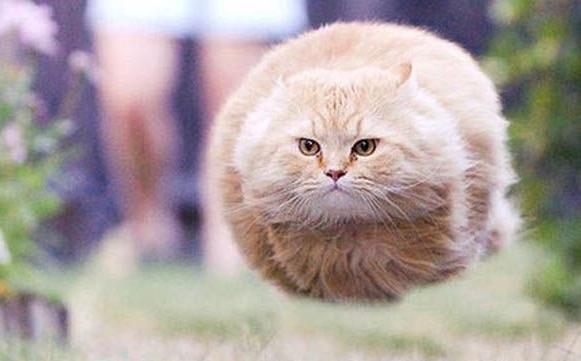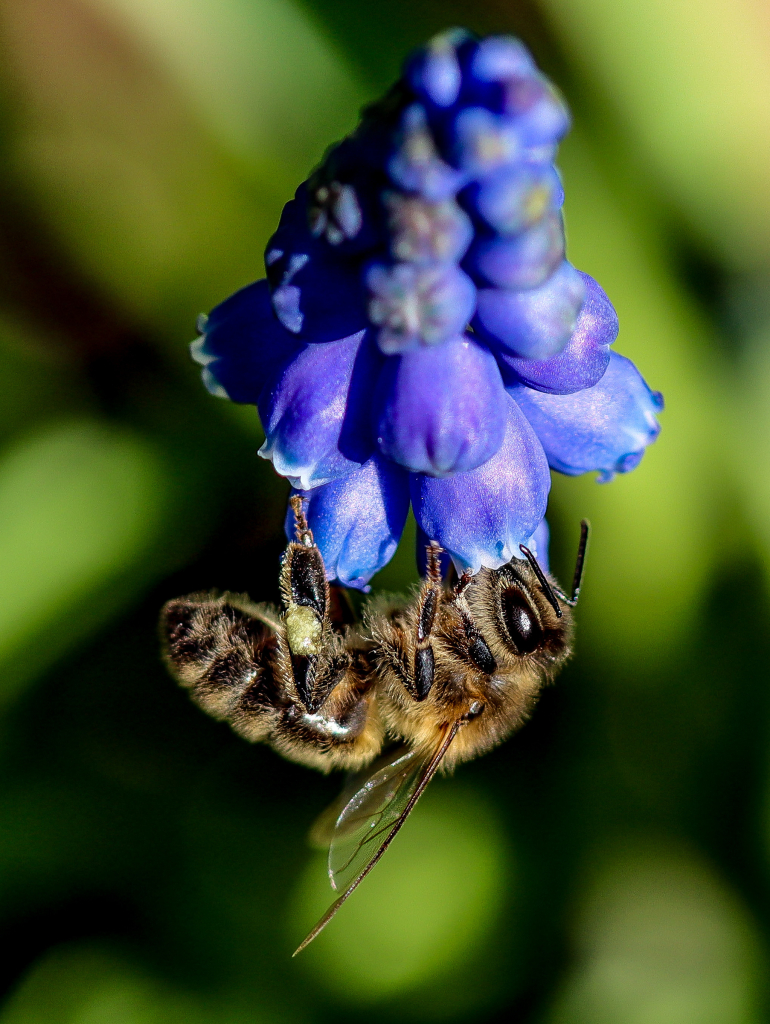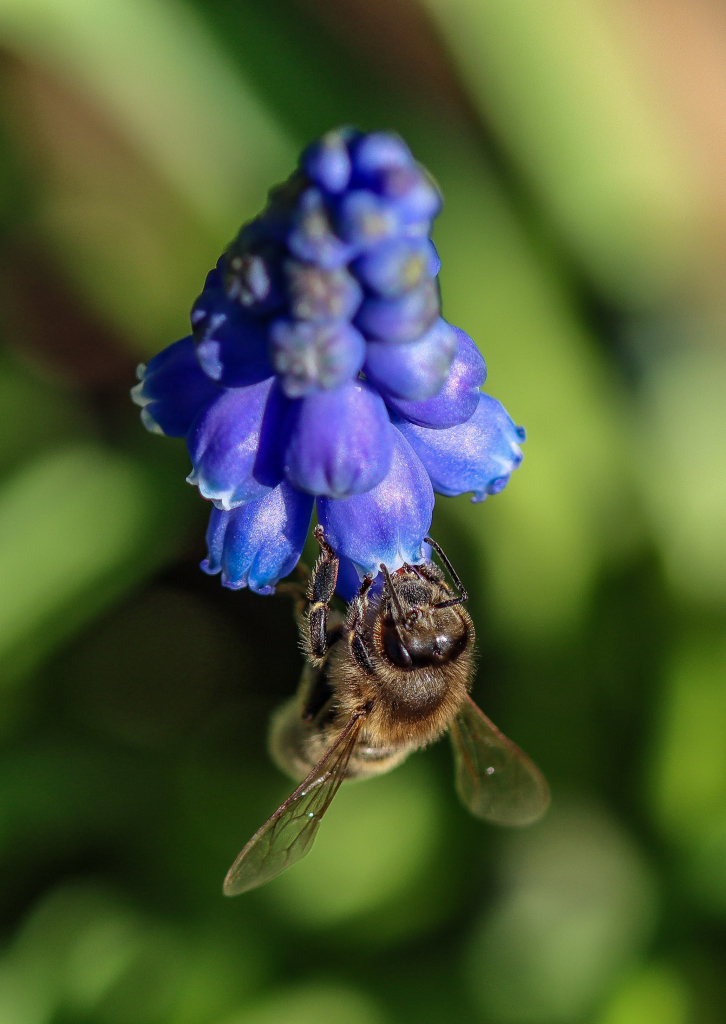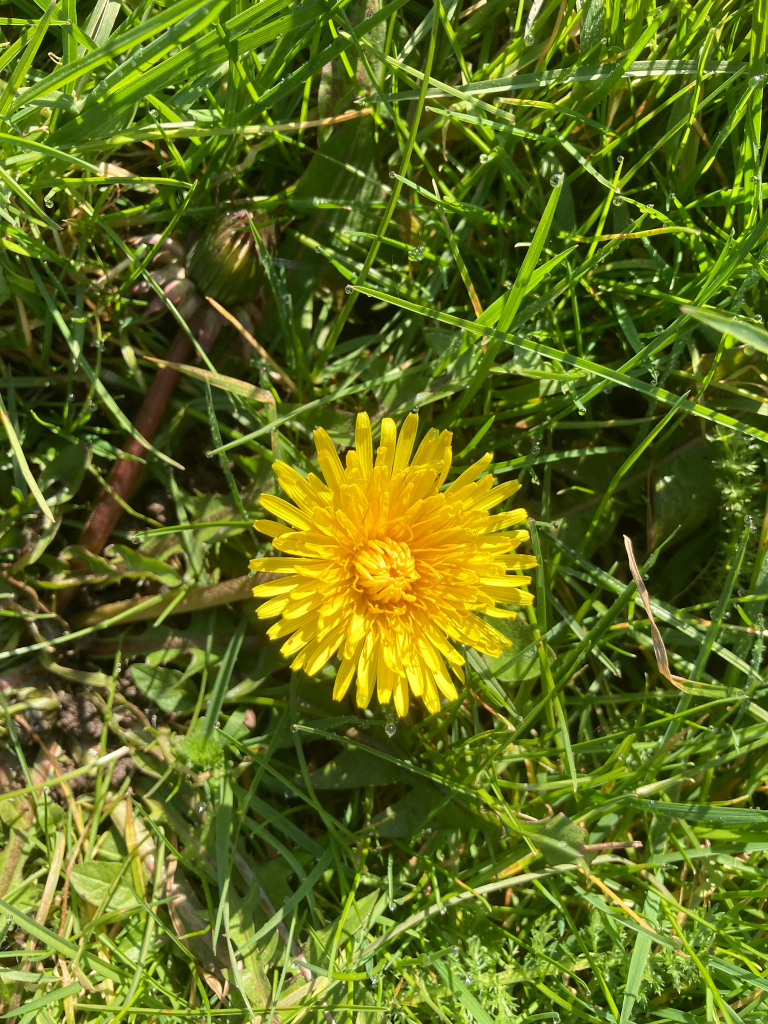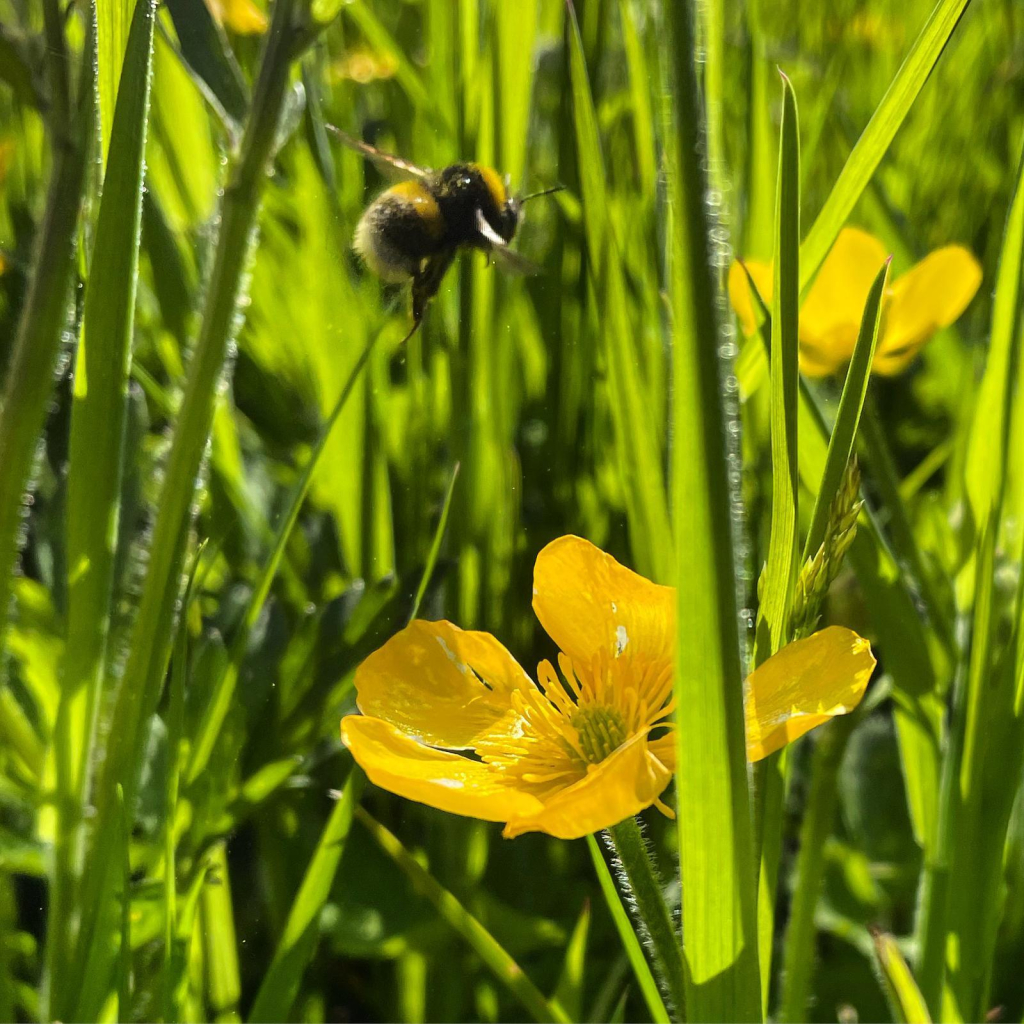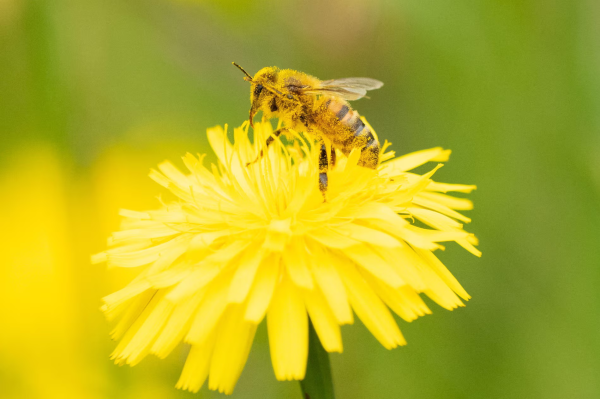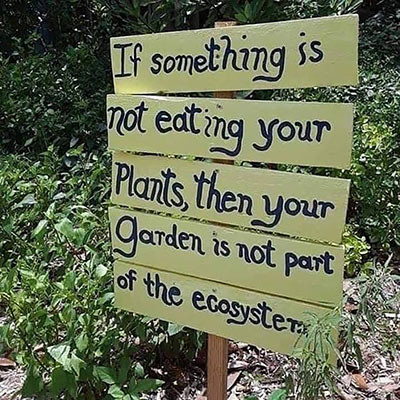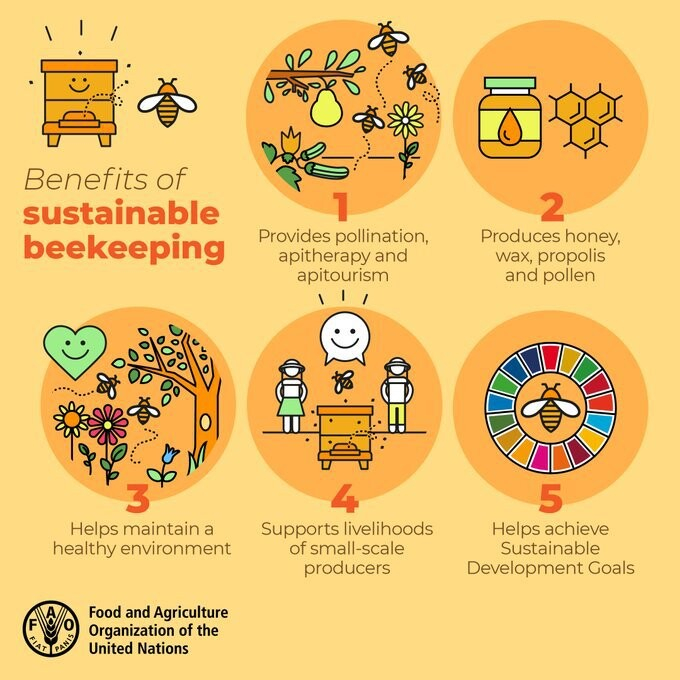Suche
Beiträge, die mit pollinators getaggt sind
What do you think?
(Xylocopa virginica)
#gardening #jardin #garten #pollinators #bees #abeille #bloomscrolling #FleurisTonFil #flores #blumen #花#permaculture #insects #insekten #昆虫 #spring #Printemps #primavera #fruhling
Hive with more than 40,000 bees removed from house at Smiling Hill Farm
by Russ Reed
September 19, 2024
WESTBROOK, Maine — "The family that owns Smiling Hill Farm is doing its best to protect a #BeeColony that has occupied a farmhouse for decades.
"The Knight family said a hive with more than 40,000 bees grew within the walls of a home on their property.
"The farmhouse is in need of renovation but instead of killing the bees, the Knight family wanted to save the colony.
"'For sixty-plus years, there's been bees in this house and it might be longer than that. It might be seventy or eighty,' said Michael Knight.
"On Thursday, Andrew MacDonald of Bee Huggah came to Smiling Hill Farm to safely relocate the bees from the farmhouse.
"'I believe that these bees are worth saving for a number of different reasons,' MacDonald said. 'They have medicinal value and they pollinate our crops.'
"MacDonald moved the bees to a hive outside of the farmhouse."
https://www.wmtw.com/article/maine-smiling-hill-farmhouse-large-beehive-removed/62284417
#BeeHuggah #SaveTheBees #SaveSmilingHillFarm #Pollinators #Maine
VegPlotter Blog | The latest in how to design and plan your vegetable garden and allotment garden
We all strive for a well organised allotment, kitchen garden or vegetable patch. We share our tips and ideas to help you achieve that goalvegplotter.com
"Most native bees nest in the ground, rarely if ever sting, and are tremendously important pollinators. Learn what you can do to help (and to stop inadvertently harming them)."
https://www.humanegardener.com/ground-nesting-bees/
#NativeBees #pollinators
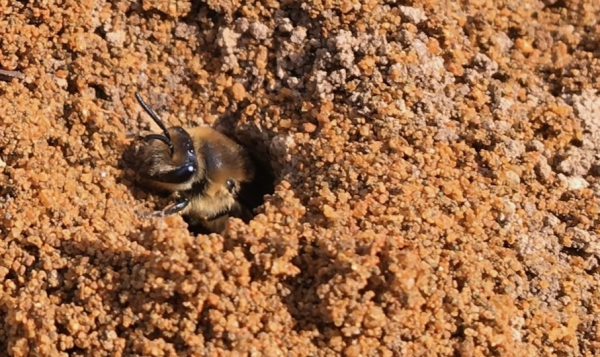
Ground-nesting Bees - Want to Save the Bees? Look Down! - Humane Gardener
Ground-nesting bees rarely if ever sting and represent the vast majority of bee species. Learn how to help these important pollinators.Nancy Lawson (Humane Gardener)
This should come as no surprise but it is another example of how modern farming methods (including ploughing practices) are preparing us for a bleak future.
https://www.nature.com/articles/s44185-024-00070-6
https://www.theguardian.com/environment/2025/jan/20/uk-agriculture-farming-fertilisers-yields-biodiversity-study-park-grass-pollinators-bees-wildflowers-aoe
#Farming #Pollinators #Fertiliser #Environment #Damage
Trade-off between pollinator-wildflower diversity & grassland yields - npj Biodiversity
npj Biodiversity - Trade-off between pollinator-wildflower diversity & grassland yieldsNature
#wildfires #Oregon #RogueValley #gardening #NativePlants #pollinators
https://www.opb.org/article/2025/01/12/pollinator-gardens-rise-in-the-rogue-valley-from-the-ashes-of-the-almeda-fire/
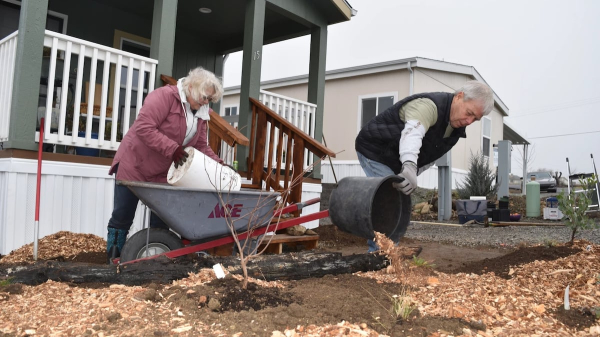
Pollinator gardens rise in the Rogue Valley from the ashes of the Almeda Fire
From Fires to Flowers, a program run by the non-profit Pollinator Project Rogue Valley, creates vibrant gardens in the scorched footprint of the 2020 Almeda Fire, helping create a landscape that heals both people and pollinators.Juliet Grable (OPB)
The use of #neonicotinoid pesticides, like those produced by Bayer, has helped make much of America’s landscape toxic to bees.
By Steve Blackledge
December 9, 2022
"#Pollinators are struggling — in large part because pesticides have made much of their environment toxic.
"Over the past quarter century, the increased use of a class of pesticides called neonicotinoids, or neonics for short, has made America’s agricultural landscape roughly 48 times more toxic for bees.
Bees and other pollinators are dying from exposure to these toxic pesticides — and we need to protect them. That’s why we’re calling on one of the country’s largest pesticide manufacturers, Bayer, to do right by our bees and stop making and selling neonics."
Read more / take action:
https://environmentamerica.org/articles/bayers-pesticides-are-harming-bees/
#Neonics #SaveTheBees
Yet beneficial insects that naturally prey on aphids, mites, etc. can help keep pest populations in check. Flowering plants such as yarrow, dill, and fennel, create an inviting habitat for garden allies like ladybugs, lacewings and hoverflies.
A biodiverse garden isn’t just good for pest control; it also supports pollination and soil health. Native plants support a diversity of beneficial insects.
They also provide food and habitat for local wildlife, birds, and pollinators, encouraging a garden that’s healthier, more resilient, and truly in harmony with nature.
- from Eden Seeds, Symbiotic Pest Management (Australia)
#Gardening #Australia #Biodiversity #Ecosystems #BeneficialInsects #Pollinators #Wildlife #Habitat #Birds #Flowers #NativePlants #Garden
Infographic via FAO.
#bees #bee #pollinators
#ActOnClimate
#ClimateChange #deforestation #ActNow #environment #EndFossilCrimes #ClimateCrisis #Science #warming #Nature #climate #development #gasemissions #ClimateEmergency #climatecrisis #wildlife #ClimateAction #photo #photography #GlobalWarming #pollution #news #earth #amazon
